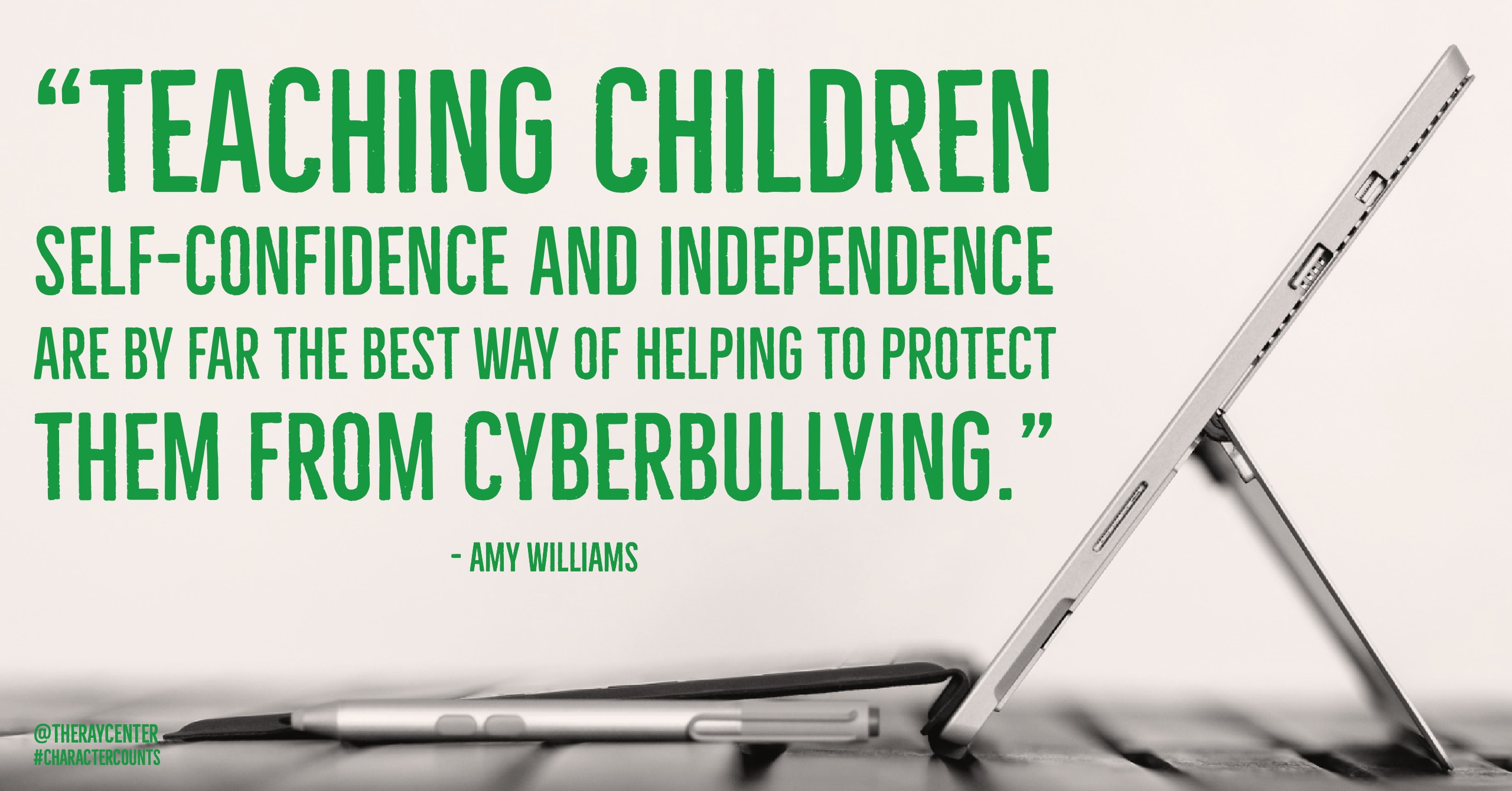
From our guest contributor Amy Williams
Cyberbullying is one of the most common problems among children today. In fact, Illinois recently passed a law requiring schools to investigate reports of cyberbullying, even if the alleged incident took place outside of school hours. The new law isn’t universally welcomed. The American Civil Liberties Union of Illinois, for instance, went on the record as opposing it. However most groups seem to agree that the problem isn’t getting any better.
What are the Risks of Cyberbullying?
Many of the problems with cyberbullying are the same as those caused by old-fashioned bullying: children who are frightened of their peers, feel like they’re shut away socially, and may even be turning towards thoughts of suicide because they don’t know how to escape the situation they’re in.
It’s not always easy for online sites to catch bullies either. For example millions of preteens are on Facebook despite the site’s policy against allowing anyone younger than 13. Physical harm isn’t the only thing that children feel threatened by while online, and that’s part of what drives the despair they feel.
Options for Parents
Fortunately for us, there are many options available for parents. The University of Massachusetts Medical School provided an outstanding overview of the subject, worth reading by any parent. To supplement that, here are some other tips:
- Don’t allow your children the option of creating social media accounts until you’re ready to supervise them. When they are allowed an account, walk them through the account creation process and show them the various security tools installed – how to block other users, how to report objectionable material, and so on. This will give teens a feeling of empowerment, and most sites have guides to walk you through this (such as Facebook’s comprehensive help page).
- Know when to ask others for help. Illinois isn’t the only state whose schools can help deal with cyberbullying, and depending on the nature of the bullying, it may be necessary to get the police involved. You’ll have to use your judgment on whether or not to take things this far – a good rule of thumb is that if you’d report the threat if it was made in-person, you should also report it if it’s online.
- Encourage your child to develop healthy offline activities. Electronic gadgets can seem like a great way of keeping a child occupied, but if they’re the only interest a child has, then something bad happening online will have a disproportionate impact on the rest of their life.
- Gradually give your children more freedom online. Rather than simply throwing them off the diving board and expecting them to swim, restricting their activities until you’re confident of their ability to handle problems can help them avoid trouble – and if something does go wrong, you’ll know they have the ability to deal with it.
- Teaching children self-confidence and independence are by far the best way of helping to protect them from cyberbullying. Most cases of bullying will never be reported, so it’s up to you to monitor your child’s activities and behavior, watch for signs of depression, and teach them the skills they need to succeed.
Learn more about character education.




Good article on cyberbullying and what a parent can do to help kids out.